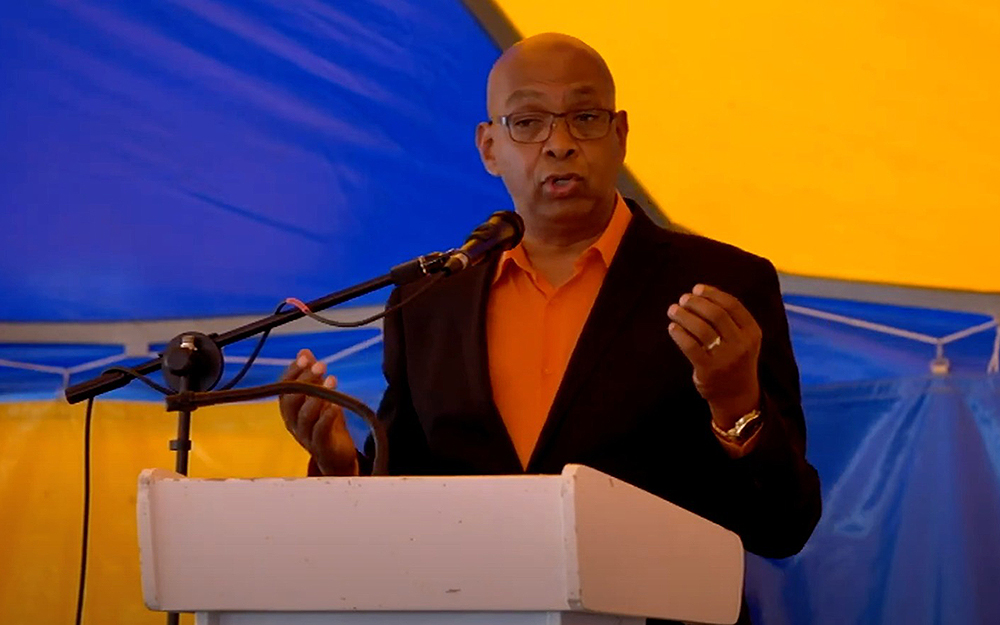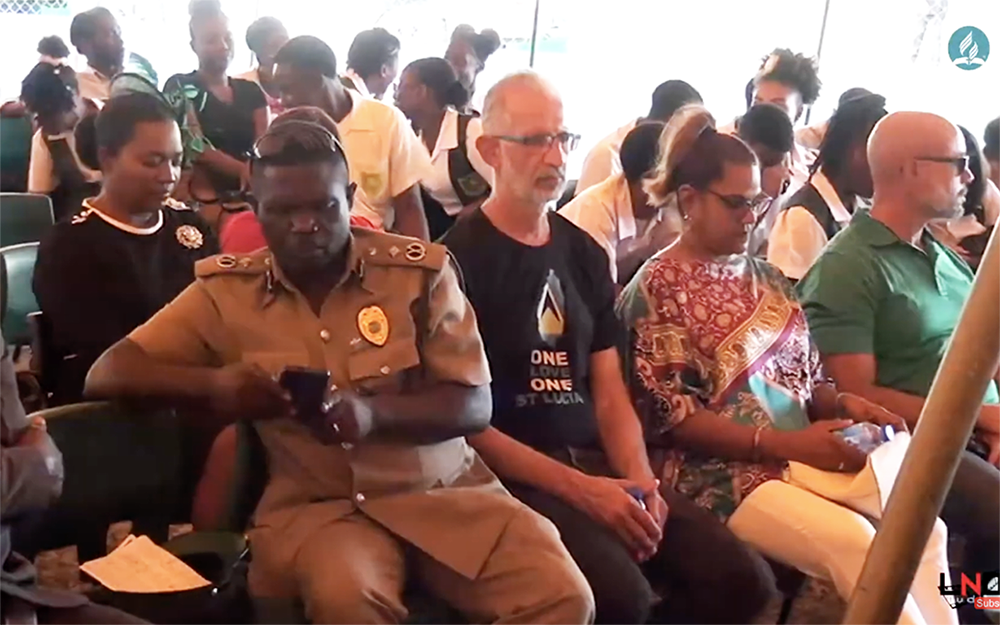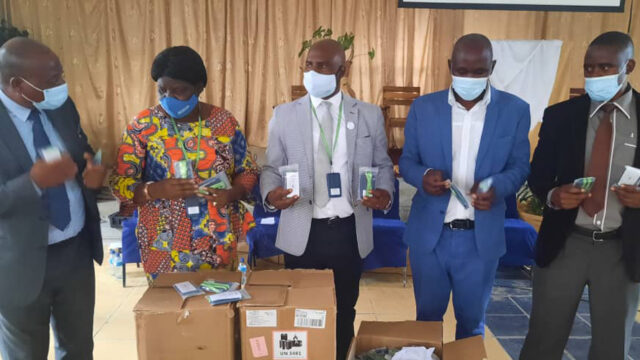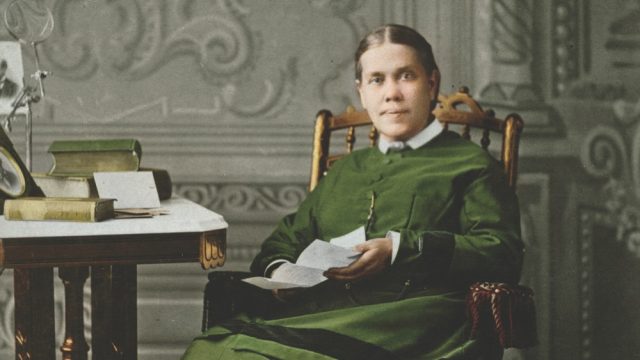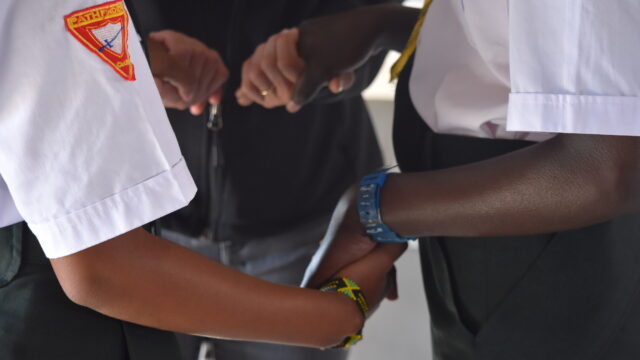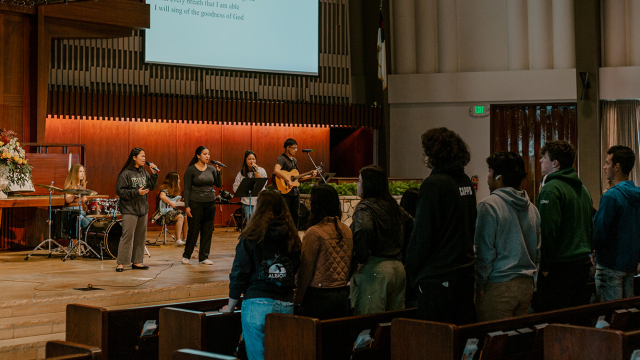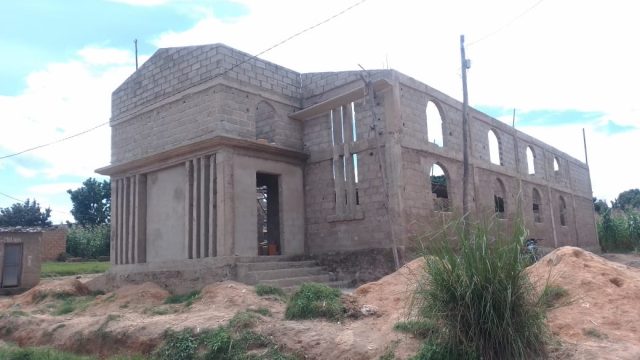Program engaged participants from six secondary schools and six prisons in Saint Lucia.
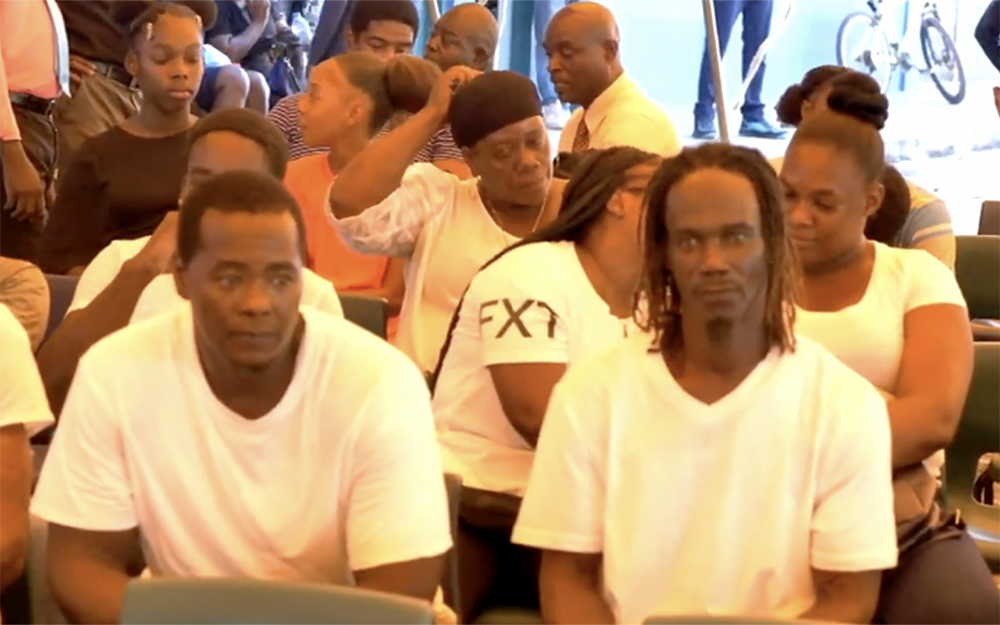
Four hundred participants from six secondary schools and six correctional facilities in Saint Lucia completed Project STOP ‘n’ THINK, a church-run crime reduction program, on April 22.
The Project STOP ‘n’ THINK program is the Adventist Church’s response to assisting the Saint Lucia government in addressing the growing crime rate on the island, church leaders said. The three-month program was designed to educate and sensitize individuals, especially young people, about the consequences of their actions and the impact of crime on society.
After a series of homicides occurred in the town of Vieux Fort in the southern part of the island in March, the government implemented round-the-clock police patrols. They hoped to engage civil society and business leaders in brainstorming possible solutions to the problem, even as neighboring islands called for peace on St. Lucia, explained Neals Chitan. Chitan is an international social skills consultant and the crime reduction specialist for the church-run program.
Joachim Henry, Saint Lucia’s Minister of Equity, Social Justice, and Empowerment, had called on members of the faith community in 2022 to “get off their pews and get involved” in social transformation of their island nation in response to the steep rise in homicides. In 2021, Saint Lucia registered 74 murders, a record at the time. The increase in 2022 to 76 murders meant that the country had broken its homicide record for a second consecutive year.
“We had to do something to support our communities,” Caius Alfred, family ministries director for the Saint Lucia Mission of the Seventh-day Adventist Church, said. “Realizing the state of crime in our community, St. Lucia Mission president Roger Stephen requested that we as a church respond in supporting the state in addressing the crime situation on the island,” Alfred said. “The church is not only concerned about the salvation of individuals but in the wholistic development of every human being, and as far as possible we partner with non-governmental organizations and the government to help make a difference.”
According to Chitan, the intervention program targeted most of the communities deemed unsafe due to gang violence and crimes. It addressed the root causes of crime — poverty, lack of education, and unemployment — and focused on promoting positive behavior, building self-esteem, and providing job training and placement opportunities.
“We unlock strategies to help individuals, families, and communities deal with a number of behavioral issues and criminal tendencies,” Chitan said. There is a grave danger that the occurrences may become accepted as the norm, he explained. “There is insufficient outcry in our communities, and there appears to be even amusement at times in social media by some misguided individuals,” he said.
The initiative provided a safe and supportive environment for participants to engage in educational, recreational, and social activities meant to help them keep away from crime and violence, Chitan said.
Additionally, the church partnered with other community organizations, law enforcement agencies, and the government to provide a wholistic approach to crime prevention.
According to organizers, the program consisted of high-impact, heart-gripping social skills sessions designed to drastically reduce the rate of crime and violence, truancy, disrespectful confrontations, revenge, and other social dysfunctions in the targeted communities.
One of the male participants, Dwane, attested to a life-transforming journey at the sessions. “Little did I know that my life was about to be changed,” he said. “After 30 minutes sitting in the session, I had to make a decision to change my life or continue down the old path. If people will take the gift that Dr. Chitan is giving, I am 100 percent sure that all types of crime will be significantly reduced,” he said. Before the sessions ended, Dwane said his outlook was different and his grades had picked up again.
Chitan said the goal is to form a STOP ‘n’ THINK club that will provide ongoing support for vulnerable and at-risk youth.
There are nearly 15,000 Seventh-day Adventists worshiping in 44 churches and congregations in Saint Lucia. The church operates a radio station, three primary schools, and one secondary school.
The original version of this story was posted on the Inter-American Division news site.


